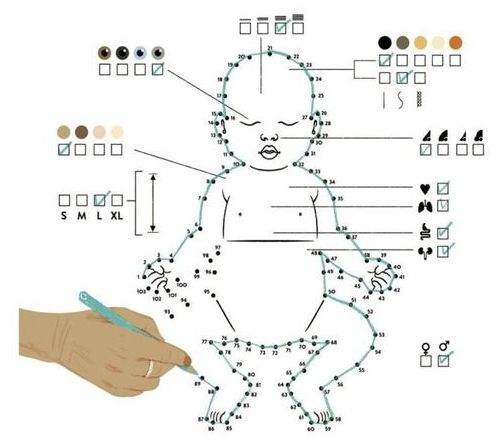The race is on to edit genes and prevent disease. But this technology is ripe for abuse.
Economic inequity already exists in the reproductive industry. IVF, for example, is not covered by insurance in most states (Massachusetts excepted), setting up a situation in which only infertile people with well-padded pockets can afford the treatment. And of course the well-off have easier access to good health care via quality private insurance — or their own bank accounts. Steve Jobs, for example, spent $100,000 in 2011 to sequence his genome and that of his pancreatic tumor — a bill not many could hope to afford.
“The beautiful thing about this [gene-editing] work is it offers an opportunity to intervene around the moment of birth,” says Katy Kozhimannil, an associate professor in the Division of Health Policy at University of Minnesota’s School of Public Health. “That said, as we pay attention to the opportunity of that moment, it’s important to bear in mind the value of liberty and justice for all.”
